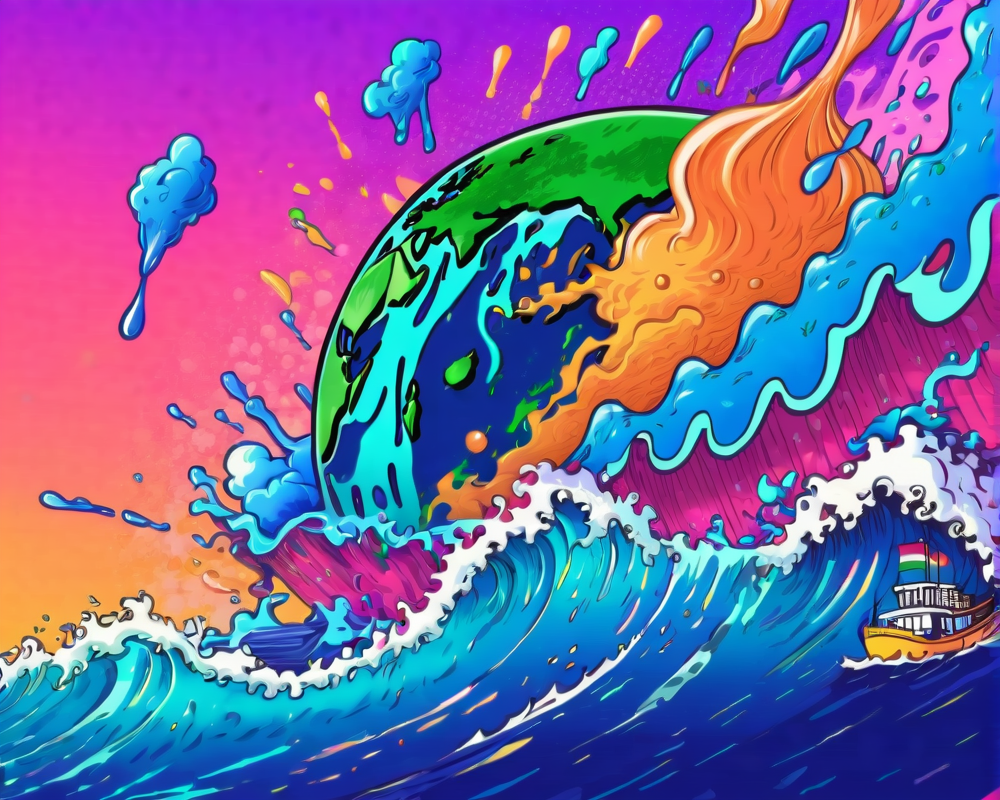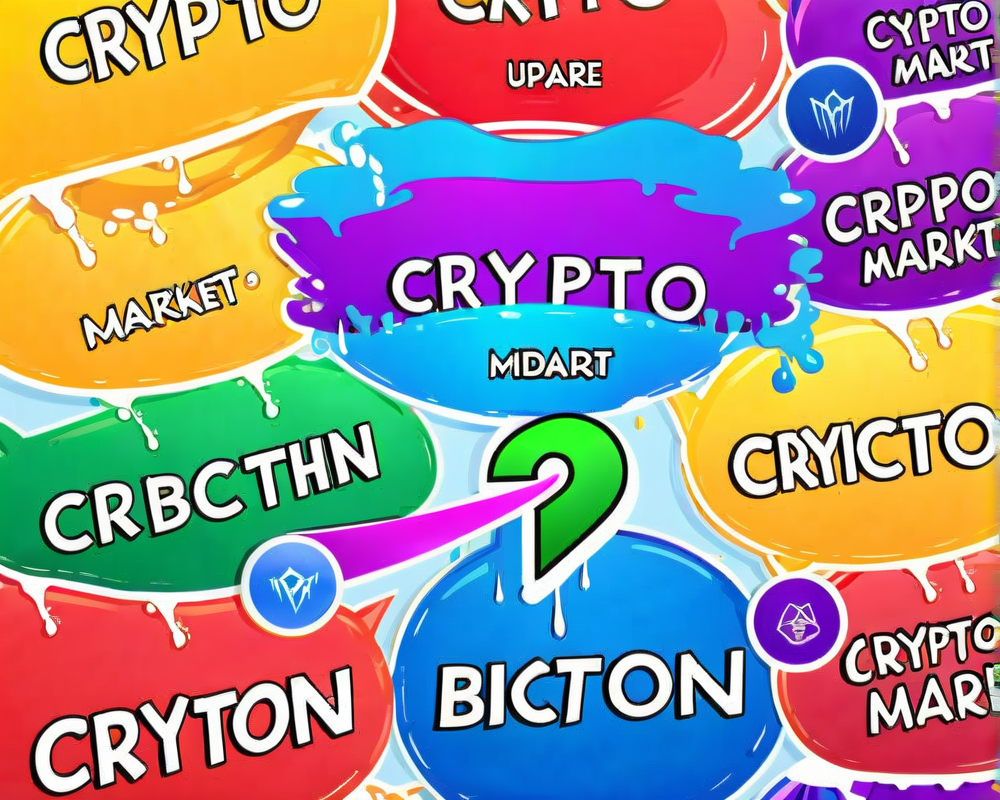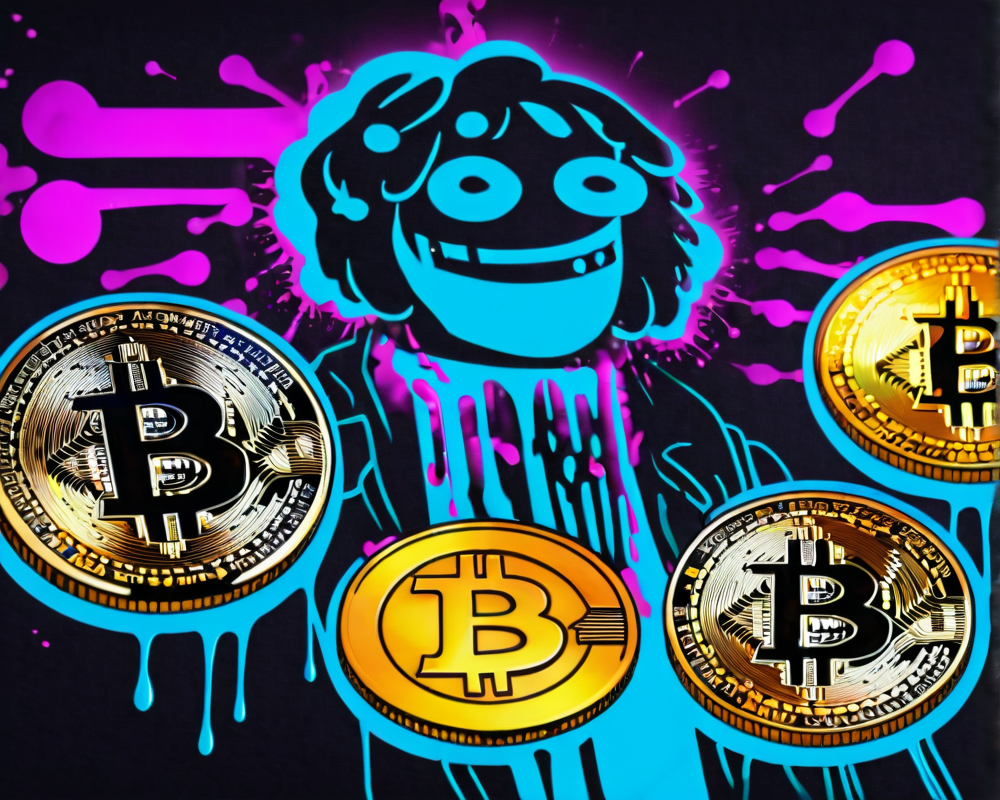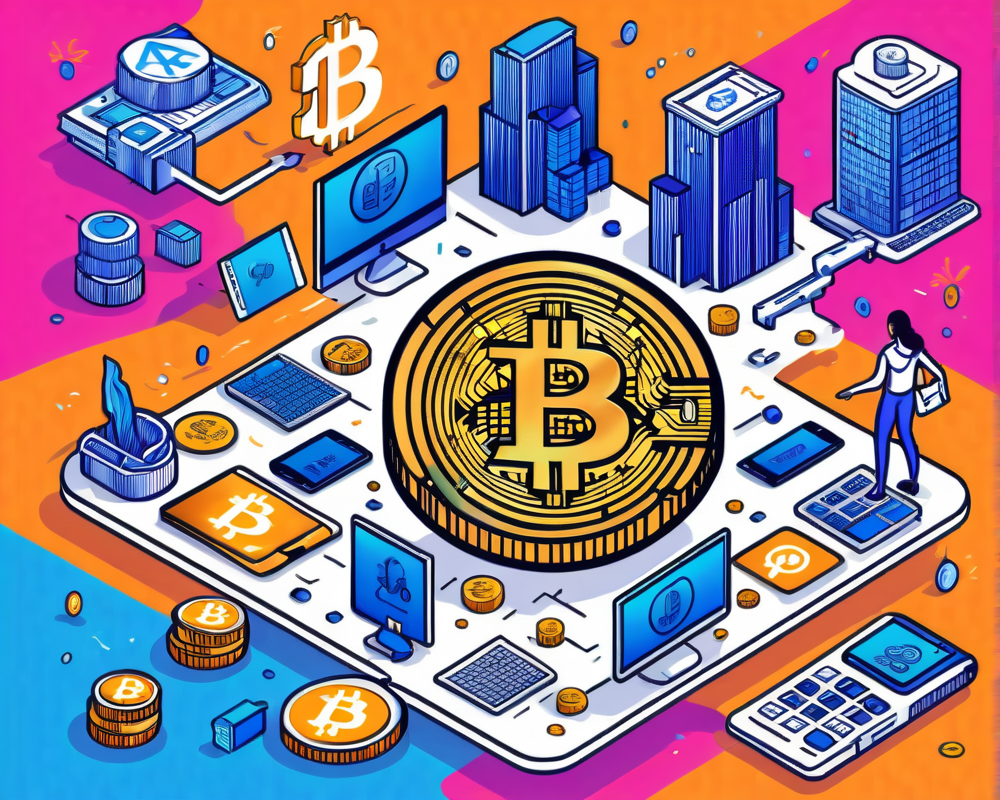OpenSea’s Decision: A Backlash From Iranian Users
Recently, the NFT marketplace OpenSea ignited controversy by disabling accounts of users based in Iran. Instead of morning coffee, these users woke up to a rude shock: account deletions without warning. Iranian NFT artist Bornosor voiced complaints on Twitter, lamenting, “NOT A gm AT ALL”—a phrase the crypto crowd uses to mean “good morning.” Imagine starting your day like that!
What Triggered the Account Closures?
According to an OpenSea spokesperson, this move stems from U.S. sanctions, which bar companies from engaging with customers in certain countries, including Iran. They stated,
“Our Terms of Service explicitly prohibit sanctioned users or users in sanctioned territories from using our services.”
Given that OpenSea is based in New York, they are obliged to comply with these regulations. But at what cost?
The Nuts and Bolts of Decentralization
This incident raised eyebrows and sparked a lively debate within the crypto community about what true decentralization means. Collectors and artists alike are questioning whether they can trust platforms that, for all intents and purposes, act like traditional companies in enforcing government rules. One user tweeted,
This was not the decentralized system! This was not the deal!
MetaMask’s Role – A Technical Glitch or a Serious Issue?
Interestingly, the drama didn’t stop with OpenSea. MetaMask, a popular crypto wallet, also found itself on the wrong side of the equation. Venezuelan users reported being unexpectedly banned due to a technical blunder linked to Infura, the infrastructure provider for Ethereum. MetaMask promptly corrected the error, but it did raise a critical question: How secure are decentralized platforms if they can suddenly restrict access based on country?
The Ripple Effect of Global Sanctions
As the U.S. government intensifies scrutiny on cryptocurrencies and digital assets, the implications of this ongoing war of sanctions are profound. OpenSea isn’t alone; it’s part of a larger trend of crypto exchanges grappling with how to manage compliance without tossing out the principle of decentralization. Binance, the world’s largest exchange, even stirred controversy by refusing to freeze accounts for innocent Russian customers. Talk about walking a tightrope!
What’s Next for NFT Collectors?
As the NFT marketplace continues to evolve, users must stay informed about policies that could affect their access and investments. Don’t be surprised if more platforms begin implementing similar measures, leading to a potential mass exodus of users seeking truly decentralized alternatives. For those in the NFT space, it’s not just about buying digital art anymore—it’s a matter of navigating the complex regulatory landscape of our times.



